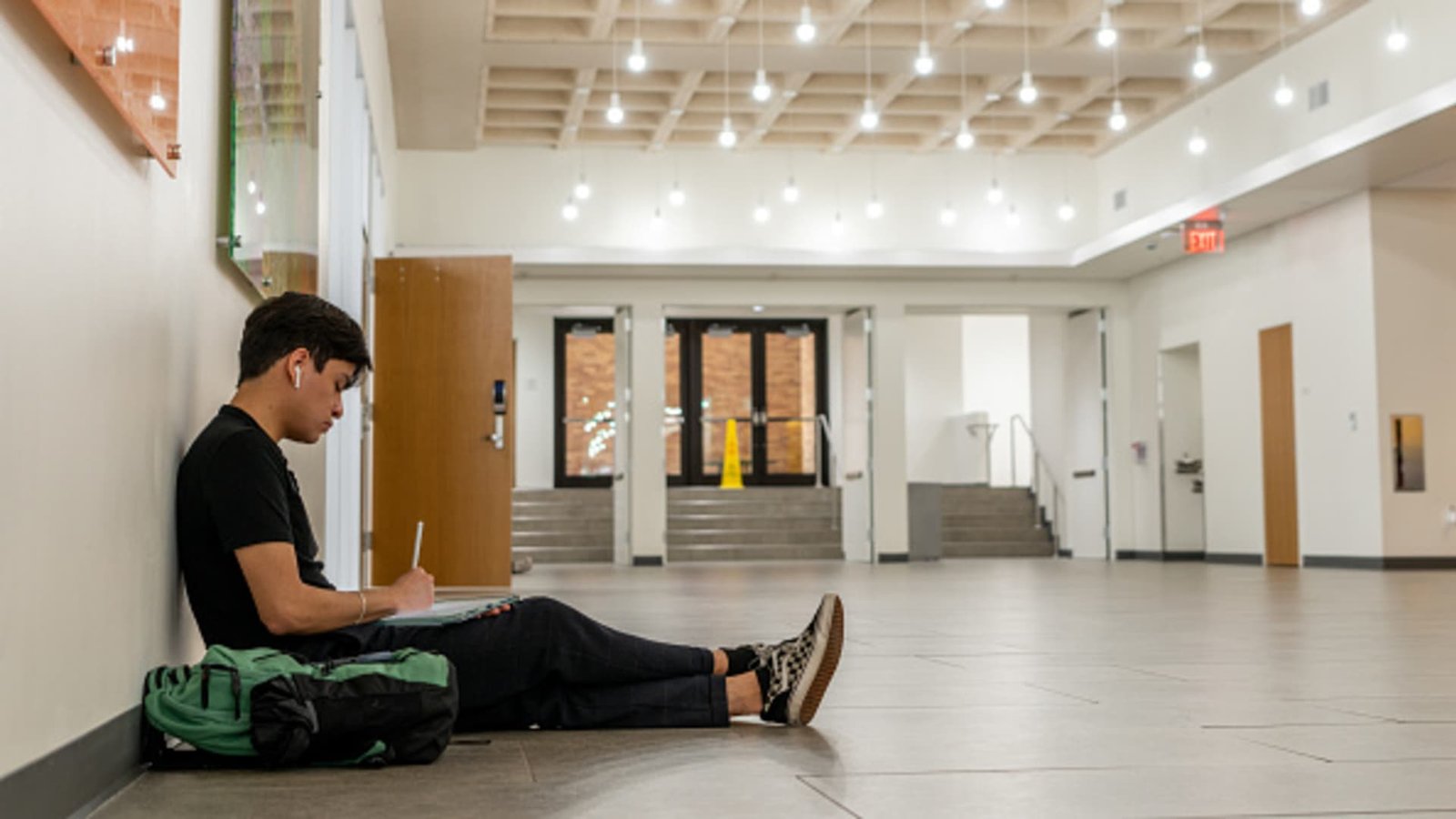With the U.S. Department of Education’s “involuntary collections” on federal student loans now underway, millions of borrowers face a “default cliff,” reports show.
A new analysis by TransUnion found that as of April, 31% of student loan borrowers with a payment due are in “late-stage delinquency,” or over 90 days past due on payments. That’s the highest share the credit bureau has ever recorded.
As borrowers face repayment challenges — including questions about their loans and loan servicers as well as confusion over the current status of some income-driven repayment plans — more risk falling into delinquency and eventually defaulting, according to Joshua Trumbull, senior vice president and head of consumer lending at TransUnion.
“We don’t think this represents the ceiling,” Trumbull said. “Defaults will continue to tick higher.”
More from Personal Finance:
3 student loan changes in GOP bill
Trump administration restarts student loan collections
What loan forgiveness opportunities remain under Trump
Of the 5.8 million delinquent borrowers, nearly one-third, or roughly 1.8 million, could reach default status in July, according to TransUnion. An additional 1 million are estimated to reach default status in August, followed by 2 million more in September.
A borrower enters default status, and is subject to collection actions by the Education Department, once payments are 270 days past due.
A recent study by the Pew Research Center also found an impending “default cliff” or “a coming wave of further student loan defaults — which put borrower financial stability and taxpayer investments at risk.”
“This default wave is expected to begin this fall,” said Brian Denton, an officer on the student loans team at Pew.
collections efforts had largely been on pause since the pandemic began in March 2020, but Trump administration officials have said that taxpayers shouldn’t be on the hook when people don’t repay their education debt.
The move to restart collection activity began last month. “Borrowers who don’t make payments on time will see their credit scores go down, and in some cases their wages automatically garnished,” U.S. Secretary of Education Linda McMahon wrote in a Wall Street Journal op-ed in April.
Wage garnishment could start as soon as June for some borrowers, but those in default will receive a 30-day notice before a portion of their paycheck is withheld, a spokesperson for the Education Department previously told CNBC.
the better off you are when it comes to getting a loan.
The Federal Reserve Bank of New York also cautioned in a March report that student loan borrowers who are late on their payments could see their credit scores sink by as much as 171 points.




